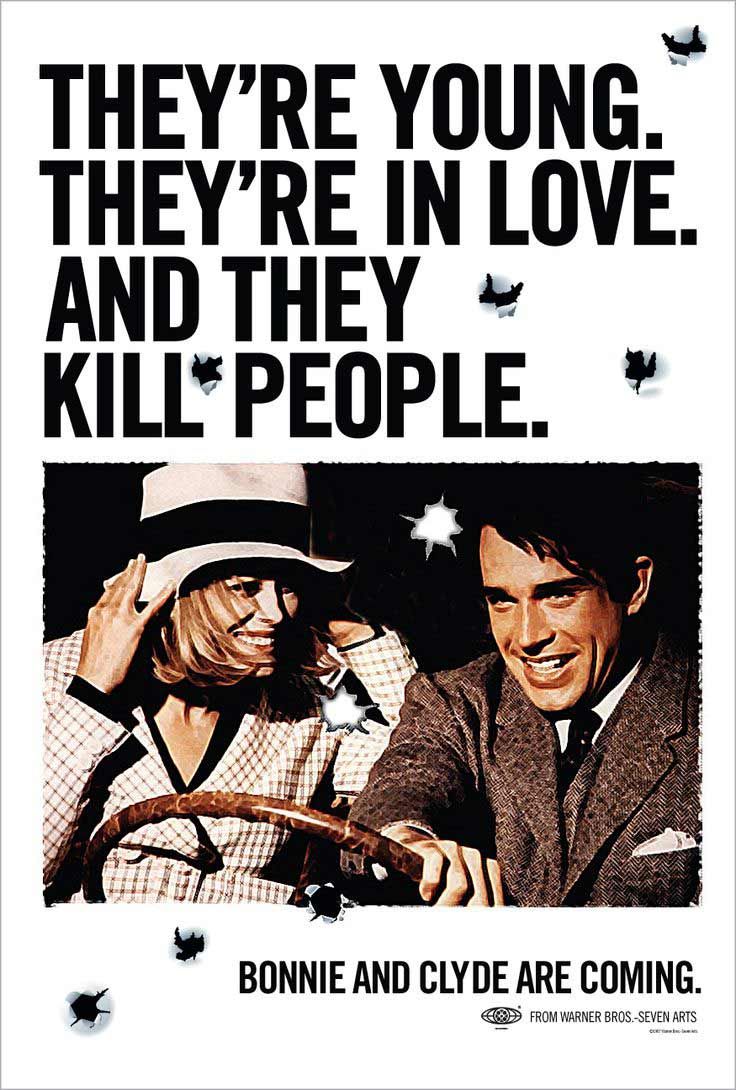Jurassic World Dominion (there really is no colon in the title) is the third installment in the Jurassic World franchise, or sixth in the Jurassic franchise, however you want to look at it. Does anyone really care? Chris Pratt and Bryce Dallas Howard remain as the leads, with Jurassic World (2015) director Colin Trevorrow returning to the franchise after J. A. Bayona took over for 2018’s Fallen Kingdom, with Sam Neill and Laura Dern reprising their roles after a long hiatus.
Four years after Isla Nublar was destroyed, dinosaurs now live- and hunt- alongside humans all over the world. This fragile balance will reshape the future and determine, once and for all, whether human beings are to remain the apex predators on a planet they now share with history’s most fearsome creatures.
There’s really not much point in me comparing this to Jurassic Park (1993), one of my favourite films of all time, as at this point the Jurassic World films are so far removed from what the original Jurassic Park was about. There’s no themes about humans playing God or life finding a way, no great characters who you care about, and no memorable dinosaur set pieces, and Jurassic World Dominion is no different. I can’t really believe they’ve largely kept the same writers for these films, as the screenwriting is the main problem. Dominion has likeable actors, especially now that there’s Jeff Goldblum, Sam Neill and Laura Dern, but none of the characters are written to be fleshed out people, especially Owen (Chris Pratt) and Claire (Bryce Dallas Howard). They are just generic pawns to move the story from one location to the next, allowing a new opportunity to throw meaningless special effects at the wall. There’s so many dinosaurs in these films at this point that none of them feel special, they are just empty pieces of CGI that burst onto the screen to make as big a noise as possible, without any value or motive. Amazingly though, despite there being so many dinosaurs, they actually aren’t an integral part of this movie. The main plot is about genetically modified locusts destroying crops. I’m not sure who thought the crux of the story of this supposed finale should be giant locusts eating the world’s crops, or more importantly who heard this idea and thought it was good, but here we are.
In terms of minor positives, I enjoyed seeing the original cast and their chemistry, and they manage to rise above the paper thin script in the scenes they have with each other. Also, I did think this was better than the previous film, Fallen Kingdom. Where that was almost aggressively bad, this was more just completely forgettable, so that’s a marginal improvement I guess?
So yeah, the writing of the characters in Dominion is terrible, the logic behind pretty much everything is non existent, the dinosaur action is messy, boring and meaningless, and the story is just about as paint by numbers as it gets, with of course some stupid locusts thrown in. Basically, If you’re wanting to go to the cinema this weekend, just go and see Top Gun: Maverick again.
4/10









